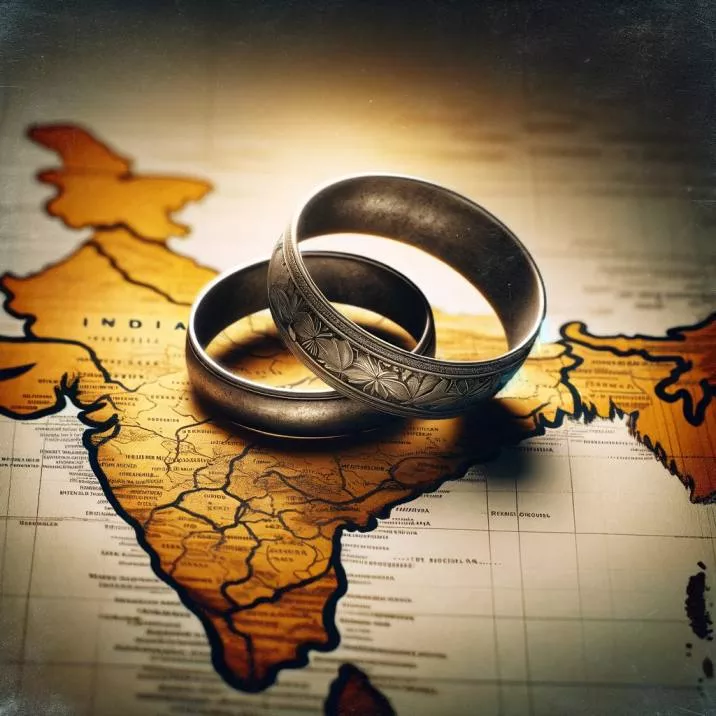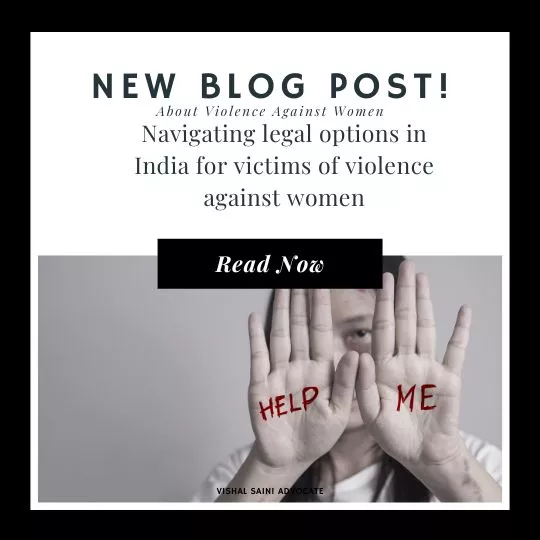In this article we will discuss about Human Rights Implications Of Honor Killings And Gender-based Violence
Introduction to Honor Killings and Gender-Based Violence
Honor killings and gender-based violence (GBV) are grave issues that violate fundamental human rights. These practices, deeply rooted in traditional beliefs and societal norms, reflect the extreme measures taken to control women’s choices and freedoms. In India, these acts not only challenge the legal system but also raise significant human rights concerns.
Understanding the Human Rights Implications of Honor Killings and Gender-Based Violence in India
The Indian Penal Code and Honor Killings
India’s legal system, under the Indian Penal Code (IPC), prohibits honor killings and gender-based violence. Despite the lack of a specific law targeting honor killings, various sections of the IPC, such as those related to murder, abduction, and criminal conspiracy, are applied to prosecute perpetrators. The Supreme Court of India has also issued directives to prevent these acts and protect potential victims.
Laws Addressing Gender-Based Violence
Gender-based violence is addressed through several laws, including the Protection of Women from Domestic Violence Act (2005), which aims to protect women from physical, emotional, and economic abuse. Additionally, the Criminal Law (Amendment) Act, 2013, introduced stricter penalties for sexual offenses, reflecting a commitment to combat GBV.
Human Rights Implications
Violation of Fundamental Rights
Honor killings and GBV violate basic human rights, including the right to life, freedom, and security. These acts deny women’s autonomy, subjecting them to violence based on societal expectations and norms.
Social and Cultural Dimensions
The persistence of honor killings and GBV is often linked to entrenched patriarchal values. These practices are sometimes seen as a way to preserve family honor, highlighting the need for societal change and the promotion of gender equality.
The Role of Education and Awareness
Changing Mindsets
Education plays a crucial role in changing societal attitudes towards women and gender roles. Awareness campaigns can highlight the legal rights of women and the importance of respecting individual choices.
Empowering Women
Empowering women through education, economic opportunities, and legal support is essential to combat honor killings and GBV. Empowered women are more likely to stand up against oppression and advocate for their rights.
Conclusion: A Call for Action
The fight against honor killings and gender-based violence in India is a battle for human rights. Legal reforms, societal change, and the empowerment of women are critical to ending these practices. It’s essential for individuals, communities, and the government to work together to protect the rights of women and promote a culture of respect and equality.
FAQs on Human Rights Implications of Honor Killings and Gender-Based Violence in India
1. What is an honor killing?
Answer: Honor killing is the murder of a family member, usually a woman, for allegedly bringing dishonor upon the family due to choices in marriage, relationships, or social behavior.
2. What laws in India address honor killings?
Answer: While India doesn’t have a specific law for honor killings, the Indian Penal Code (IPC) sections related to murder, conspiracy, and abetment are used to prosecute such cases.
3. How does gender-based violence (GBV) manifest in India?
Answer: GBV in India can include physical, sexual, emotional, and economic abuse, often perpetrated within domestic or public spheres.
4. What legal protections exist for victims of GBV in India?
Answer: The Protection of Women from Domestic Violence Act, 2005, and amendments to the Indian Penal Code in 2013, are significant legal measures protecting women from GBV.
5. Are there any specific laws for sexual harassment in India?
Answer: Yes, the Sexual Harassment of Women at Workplace (Prevention, Prohibition, and Redressal) Act, 2013, addresses sexual harassment at work.
6. Can victims of honor killings and GBV receive legal aid in India?
Answer: Yes, victims can receive legal aid through the National Legal Services Authority (NALSA) and other non-governmental organizations.
7. How do honor killings violate human rights?
Answer: Honor killings violate the fundamental human rights to life, freedom, and personal security.
8. Why are women primarily the victims of honor killings?
Answer: Women are often targets due to societal and cultural norms that place a high value on female chastity and obedience.
9. Is there a link between caste and honor killings in India?
Answer: Yes, many honor killings are related to caste, especially when individuals marry outside their caste or community.
10. What role does education play in combating GBV?
Answer: Education raises awareness, changes societal attitudes, and empowers women to stand against violence and discrimination.
11. How can bystanders help victims of GBV or potential honor killings?
Answer: Bystanders can offer support, report to authorities, and direct victims to legal and psychological assistance.
12. Are honor killings only a problem in rural areas?
Answer: No, honor killings occur in both rural and urban areas, driven by deeply entrenched cultural beliefs.
13. What is the government’s role in preventing honor killings and GBV?
Answer: The government should enforce laws, educate the public, and provide support services to victims.
14. Can men be victims of GBV?
Answer: Yes, men can also be victims of GBV, although women are disproportionately affected.
15. What international human rights instruments condemn honor killings?
Answer: Instruments like the Universal Declaration of Human Rights and the Convention on the Elimination of All Forms of Discrimination against Women (CEDAW) condemn such practices.
16. How can society change to prevent honor killings?
Answer: Society must challenge and change patriarchal norms, promote gender equality, and respect individual rights.
17. What is the impact of honor killings on communities?
Answer: Honor killings can instill fear, suppress women’s freedoms, and perpetuate gender inequality.
18. How does domestic violence relate to GBV?
Answer: Domestic violence is a form of GBV, involving abuse by a partner or family member within the home.
19. Can cultural practices justify honor killings and GBV?
Answer: No, cultural practices cannot justify violations of human rights, including honor killings and GBV.
20. How can victims of GBV seek help in India?
Answer: Victims can contact the National Commission for Women, local NGOs, or use helplines dedicated to women’s safety.
21. What is the role of NGOs in combating honor killings and GBV?
Answer: NGOs provide support, raise awareness, offer legal aid, and advocate for policy changes.
22. How are honor killings and GBV reported in India?
Answer: These acts can be reported to the police, women’s commissions, or through helplines and NGOs.
23. What challenges do victims face in seeking justice?
Answer: Victims may face societal pressure, lack of support, fear of retaliation, and legal hurdles.
24. How can technology help combat GBV?
Answer: Technology offers platforms for education, reporting abuses, and connecting victims with resources.
25. Are there preventive measures for honor killings and GBV?
Answer: Education, legal reforms, community interventions, and public awareness campaigns are preventive measures.
26. What is the psychological impact of GBV on victims?
Answer: Victims may suffer from trauma, depression, anxiety, and other long-term psychological effects.
27. Can honor killings be stopped in India?
Answer: With stringent legal action, societal change, and education, honor killings can be significantly reduced.
28. How does the media influence perceptions of honor killings and GBV?
Answer: Media can raise awareness but also needs to report responsibly to avoid perpetuating stereotypes and biases.
29. What support systems are available for survivors of GBV?
Answer: Support systems include legal aid, psychological counseling, shelters, and rehabilitation programs.
30. How can individuals contribute to ending honor killings and GBV?
Answer: Individuals can educate themselves, advocate for gender equality, support victims, and challenge discriminatory norms.
















